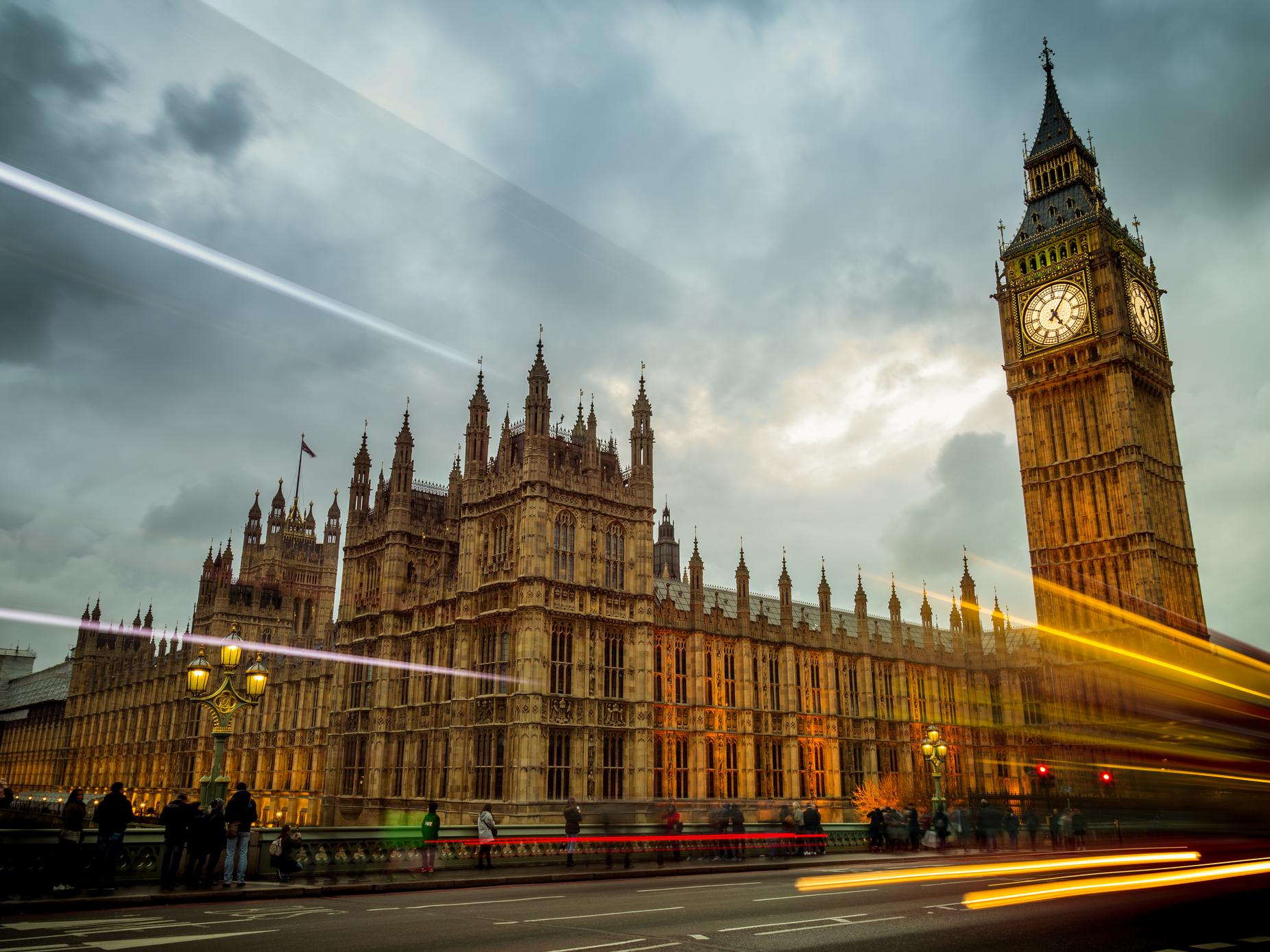
Brian Sims
Editor

Brian Sims
Editor
MEMBERS OF the Joint Committee on the National Security Strategy believe there are “serious weaknesses” in the workings of UK Government structures that deal with national security, as exemplified by both the COVID-19 pandemic and recent events that have transpired in Afghanistan.

A new report authored by the Parliamentary Committee has concluded that these two events illustrate, in their separate ways, “the most negative findings” of an inquiry about the ability of the National Security Council – itself a Cabinet Committee of senior ministers – to make and implement strategy, manage risk and plan for crises with rigour. In fact, the report describes the Government’s structures and processes for national security as “inadequate”.
The report – entitled ‘The UK’s National Security Machinery’ – makes several recommendations to improve the situation and calls on the Government to give further evidence on their implementation, including through an Annual Report to be delivered to Parliament.
The National Security Council – a Cabinet Committee of senior ministers – was created back in 2010 by (then) Prime Minister David Cameron and designed to be the central Government body for discussion and ministerial decision-making on the UK’s national security strategy.
The new report follows on from an inquiry conducted by the Joint Committee on the National Security Strategy which took evidence from former prime ministers and both current and former ministers and senior officials. It welcomes the Government’s desire to improve the architecture of the security machinery, but suggests that a review of this machinery by the National Security Advisor – the Prime Minister’s top aide on national security, Sir Stephen Lovegrove – and intended to improve the system was in fact “a retrograde step” that had suggested a more casual approach.
Under the proposed new system, the Prime Minister would spend roughly 65% less time in National Security Council meetings than under the previous practice of weekly meetings when Parliament’s in session.
Day-to-day attention
The report points out that the National Security Council’s activities depend heavily on the day-to-day attention and capacity of the Prime Minister. The Committee therefore urges the Prime Minister to invest his time and personal authority in the National Security Council’s role of upholding the UK’s national security.
The report finds that the centre of Government needs a fundamental overhaul with a re-invigorated National Security Council. The latter, feels the Parliamentary Committee, should strike a deliberate balance across strategic and operational decision-making, and also between matters of foreign policy and other aspects of national security.
According to the report, the National Security Council must have a distinct remit with clear lines of responsibility and accountability and a role in allocating funding for national security priorities, as well as being involved in procedures for routinely engaging with the Devolved Authorities (ie Scotland, Wales and Northern Ireland).
In addition to outlining the above issues regarding strategic decision-making, the report asserts that national risk management across Government is “loose, unstructured and lacking in central oversight and accountability”.
To illustrate the magnitude of the issues at stake, the Joint Committee on the National Security Strategy’s report cites a risk expert who told the Committee there was, very roughly, a one-in-six chance of an existential catastrophe taking place in the next 100 years. This could arise from extreme risks including pandemics, extreme climate change scenarios or nuclear conflict.
Further recommendations
Several further recommendations are made in the report, including:
*re-establishing the ministerial committee for managing risks and resilience, which should have “a strong connection” to the National Security Council
*creating greater clarity of responsibility for risks by designating Chief Risk Officers for national security in each department and agency, overseen by a Chief Risk Officer in the Cabinet Office
*strengthening the team of analysts in the Cabinet Office that make up the Joint Intelligence Organisation such that its remit includes feeding to the National Security Council assessments of – and warning functions for – the full range of threats and hazards
*ensuring external and diverse input into National Security Council discussions in order to guard against ‘group think’
The Parliamentary Committee’s report welcomes the Government’s plans to create a College for National Security to nurture professionalism in the management of threats and hazards. It’s important, believes the Parliamentary Committee’s members, to encourage civil servants to build and retain subject knowledge relevant to the National Security Council in the coming decade (including on data, science and technology) and for this ‘institutional memory’ to be incentivised.
Long-term view
Dame Margaret Beckett MP, Chair of the Joint Committee on the National Security Strategy, stated: “The whole point of the National Security Council is that it’s supposed to prepare for, and act upon, a long-term view of our national security risks. It should be above the hurly-burly of daily concerns. However, when two events – the COVID-19 pandemic and Afghanistan - demonstrated yet again what a dangerous world in which we now live, weaknesses in the structures of the National Security Council were duly exposed.”
Beckett concluded: “I pay tribute to the medical and military personnel, as well as the civil servants, who have worked so hard to respond to these two most recent crises. Their brave efforts cannot mask the fundamental need for the centre of Government to grasp the need for national security planning.”
Dorset House
64 High Street
East Grinstead
RH19 3DE
UNITED KINGDOM
01342 31 4300